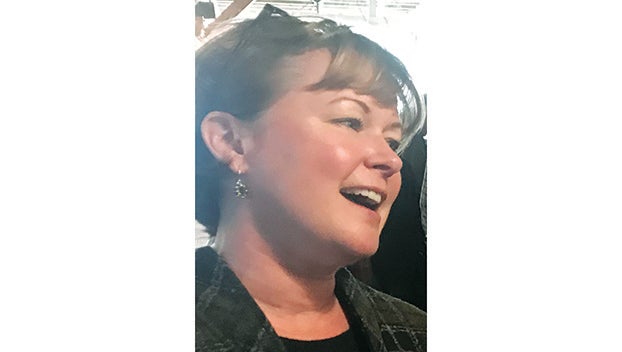Honor veterans by bringing down suicide rate
Published 6:16 pm Monday, November 11, 2019
EDITORIAL
The Advocate-Messenger
Yesterday, we celebrated Veterans Day. Many people found many ways to say “thank you” to the people who have served in the U.S. military.
But there 541 service members who never heard those thank-yous — they are the 541 service members who died from suicide in 2018.
Everyone who is serious about thanking veterans for their service should lend their voices to the effort to fix the military suicide rate.
The rate of active-duty military suicide across all branches of the military was 24.8 per 100,000 service members in 2018, according to Department of Defense’s most recent annual suicide report. That’s up significantly from just five years earlier, when it was 18.5 per 100,000.
“Service members who died by suicide were primarily enlisted, less than 30 years of age, male, and died by firearm,” according to the report.
The suicide rate is higher among military service members than the general population, where it’s just over 18 per 100,000. After controlling for differences in demographics between the military and the general population, the suicide rates look “roughly equal,” according to the report. But that doesn’t change the fact military suicides have spiked in recent years.
What can be done to make things better? The Department of Defense says it is working to fix the problem and “embraces a public health approach to suicide prevention that acknowledges a complex interplay of individual-, relationship-, and community-level risk factors.”
But each of us individually can take steps to help, too. And the good news is these same steps help everyone who is at risk of suicide, not just members of the military.
It’s important to remember that suicide is never a foregone conclusion for anyone. People may be more or less predisposed to attempt suicide, but every time someone does attempt to kill themselves, that attempt occurs within a larger context. There are many other factors at play, including how society has made that individual feel about themselves, what methods for suicide are available and what community supports are present — or absent.
We can all help decrease suicide attempts by:
- encouraging healthy, positive attitudes about seeking help for mental health problems;
- being strong, loyal supporters of our friends and family members; and
- taking steps to limit or delay access to easy suicide methods within our homes.
If you or someone you know is suicidal or in need of help dealing with suicidal thoughts, you can call the National Suicide Prevention Hotline at (800) 273-8255.






